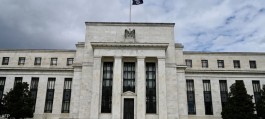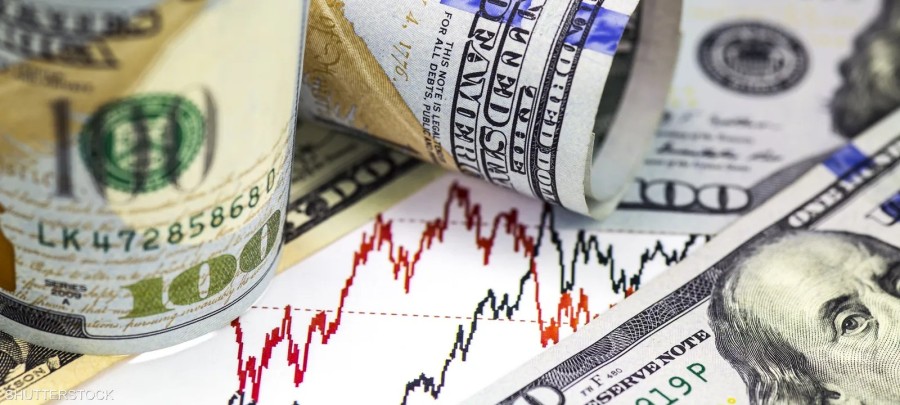The Saudi stock market continues to lose momentum amid a lack of new catalysts and a noticeable decline in liquidity, pushing the Tadawul All Share Index (TASI) towards recording its fourth consecutive weekly loss, the longest streak since the end of May 2024.
Despite the Tadawul All Share Index (TASI) nearing its lowest level this year, recorded last September around 10,400 points, buying appetite remains weak, as traders anticipate further declines, according to Mary Salem, a financial analyst at Al-Sharq.
She explained that the market's recovery from these levels depends on the results of the fourth quarter, in addition to the return of institutions and funds to buying positions in December.
Constant pressure
The Tadawul All Share Index (TASI) opened slightly lower on Thursday before recovering slightly to 10,649 points, but it remains on track for a weekly decline of more than 3%. On a monthly basis, the index is heading for its worst performance since June 2022.
Mohammed Zeidan, senior financial analyst at Al Sharq, believes that the market is still under clear selling pressure, noting that closing below 10,500 points will weaken the outlook in the medium and long term.
The market now expects to test levels of 10,250 points and then 10,000 points, which is the most likely scenario compared to its expectations at the beginning of the year, which indicated reaching 14,000 points.
The session witnessed mixed movements; leading stocks such as Aramco and Al Rajhi Bank, the two largest stocks on the index, rose, while SABIC and ACWA Power stocks declined.
The share of Umm Al Qura for Development and Construction (Masar) continued its decline for the second session after the Public Investment Fund sold a 3.3% stake in the company. The share had fallen by the maximum limit in Wednesday's session.
weak liquidity
Liquidity has weakened significantly, with the average daily trading value during the current week reaching about 2.25 billion riyals, compared to levels that exceeded 6 billion riyals daily in late September.
Thamer Al-Saeed, CEO of Investment at BLME Capital Saudi Arabia, believes that the decline in investor appetite for the market is due to weak profit growth during the third quarter, in addition to the uncertainty surrounding the global economy, and the tendency of some Saudi investors to turn to the American markets.
He added during an interview: “Given these weak trading volumes, it is difficult to determine a clear technical direction for the index, although there are individual stocks that still offer good value in terms of multiples and dividend yields, but they do not have a significant impact on the movement of the index.”
For her part, Mary Salem confirmed that current levels are putting significant pressure on sentiment, adding: When trading volumes are this weak, the ability to support sentiment becomes limited, unless there are fundamental changes and not just fleeting news, as we saw last September.






































